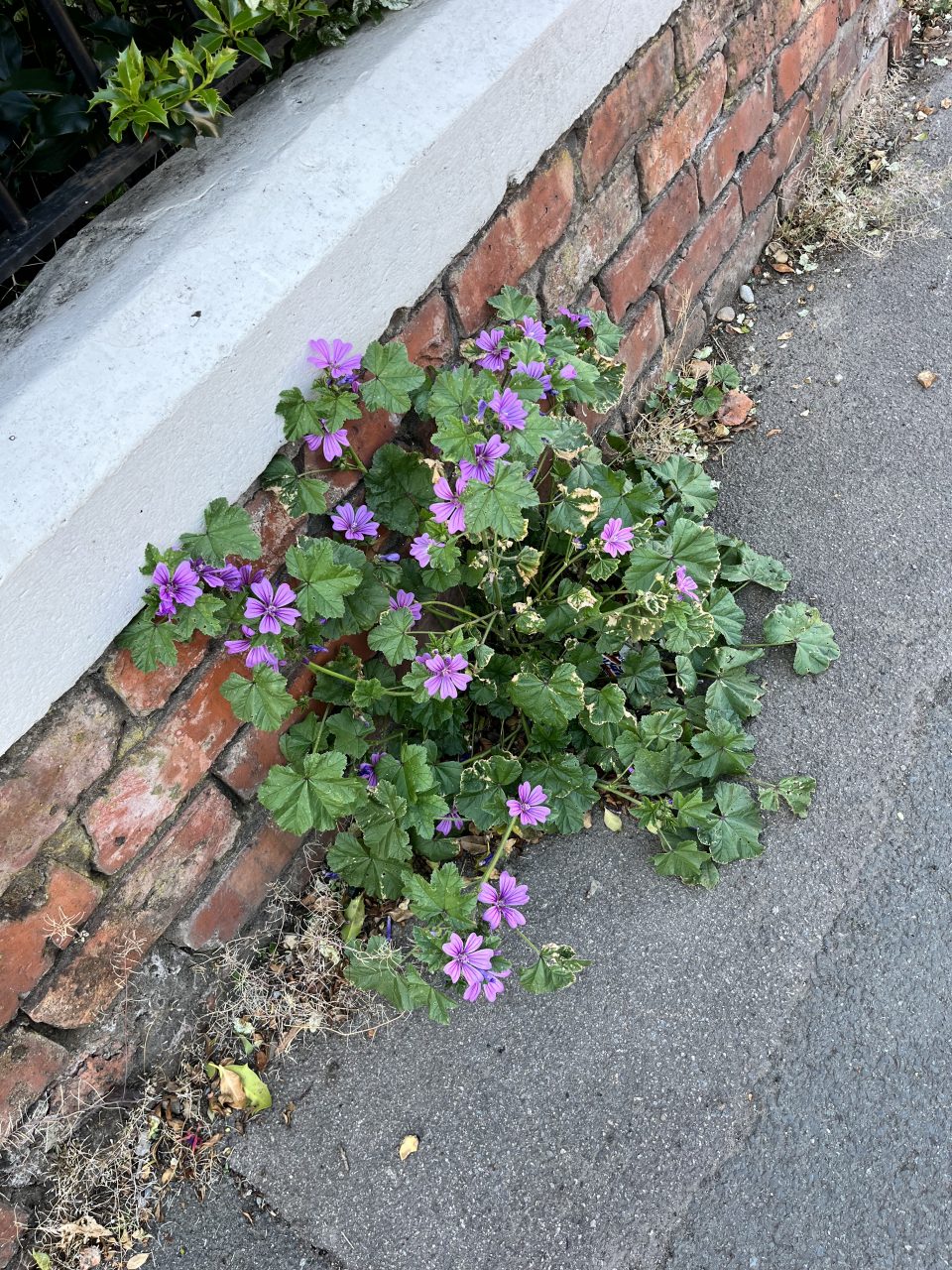Hi folks, I hope you’ve had a good week—wherever you’ve been, and whatever has been occupying your heart and mind. This week we’re gathering at the Tavern and Galley at 7:30 PM, and I hope you can join us.
It feels like the weather is holding… famous last words I know… Its been blessing us with warm, sun-kissed days in between summer showers. I’ve stubbornly refused to wear a coat—and sometimes regretted it!
This year, we seem to have enjoyed a particularly lovely spring. Like all seasons, spring doesn’t arrive with a fanfare, but with a gradual unfurling—the slow waking of trees and flowers after the stillness of winter. We cut back a bush at the side of our house earlier this year, and we’ve been enjoying the birds flitting in and out, feeding on the various goodies Karen has laid out for them. We’ve sometimes been woken or waking to the sound of birdsong. It’s a gift.
All of this got me thinking, the resurrection story isn’t just something the Church marks on a single Sunday— although it can feel that way… it’s something we witness over and over again in nature. Season after season, death gives way to life. It’s wondrous.
The biblical story of resurrection is often told through Jesus rising from the dead—a moment of transformational wonder. But what if that story also acts as a mirror, held up to creation itself? What if spring is the Earth’s own liturgy of resurrection? Trees that looked lifeless in winter begin to stir. The soil, once silent and hard, pulses with life. Birds return. Bees emerge. It’s as if creation joins in a divine dance that renews itself every year.
What’s even more beautiful—and urgent—is that this ‘nature resurrection’ is also a call to action. In the midst of global climate breakdown, the cycles of nature invite us to get involved, not as spectators but as co-creators. I was heartened recently to hear Arnold Schwarzenegger remind us, amidst ongoing climate denial and inaction: “Stop whining. Whining doesn’t change anything. Get to work.”
So it seems to me that the more we connect with the Earth—get our hands dirty, quite literally sometimes —the more we begin to understand the Author of creation and our role as its caretakers. The Earth isn’t just scenery; it’s a participant in the divine cycle of death and rebirth.
I’m starting to realise that resurrection isn’t just about personal hope—it’s about collective restoration. It’s composting the old systems of greed and exploitation and nurturing something more equitable, more holy. We have much to learn from Indigenous communities, who often hold deeper, more reciprocal relationships with the land than many of us in Western contexts.
In Beachcomber, we’ve often spoken about finding altars in the world. I want to remind us to keep noticing those altars. A walk in the countryside, a flower blooming in the crack of a pavement, the sea gently lapping the shore. What if we began to see these places not just as beautiful, but as sacred texts—scripture written in the language of wonder?
Spring invites us to be witnesses, co-creators, and caretakers. It offers a gospel not of escape but of engagement—a divine promise written in petals, rooted in soil, sung by frogs at dusk. In this season of renewal, may we have eyes to see resurrection all around us—and the courage to join in.
Questions:
What’s something you’ve seen, read, or listened to lately—a film, poem, song, or piece of art—that felt like it captured the spirit of spring or renewal?
Have you experienced a moment in nature recently—however small—that felt like a sign of life returning or something sacred breaking through the ordinary?
What does “resurrection” mean to you beyond the traditional Jesus story? And can you think of a time in your life when something you thought was dead came back to life?
In what ways do you notice resurrection happening within communities—whether spiritual, local, or online? How can we be part of those collective renewals?
Are there any old patterns, beliefs, or assumptions you’re beginning to ‘compost’ in your own life? What might be trying to grow in their place?
Where are the ‘altars’ in your everyday life? What spaces or experiences open you up to wonder, gratitude, or a sense of the divine?
Peace Rob.
Photo by Rob Wylie

Rob Wylie is the founder of BeachcomberFX and guides its leadership team. He has worked in the North East for over 20 years and has vast experience from various roles he has held. He has a passion for Fresh Expressions of Church and Pioneer Ministry as well as beer, beaches and Miniature Schnauzers.
